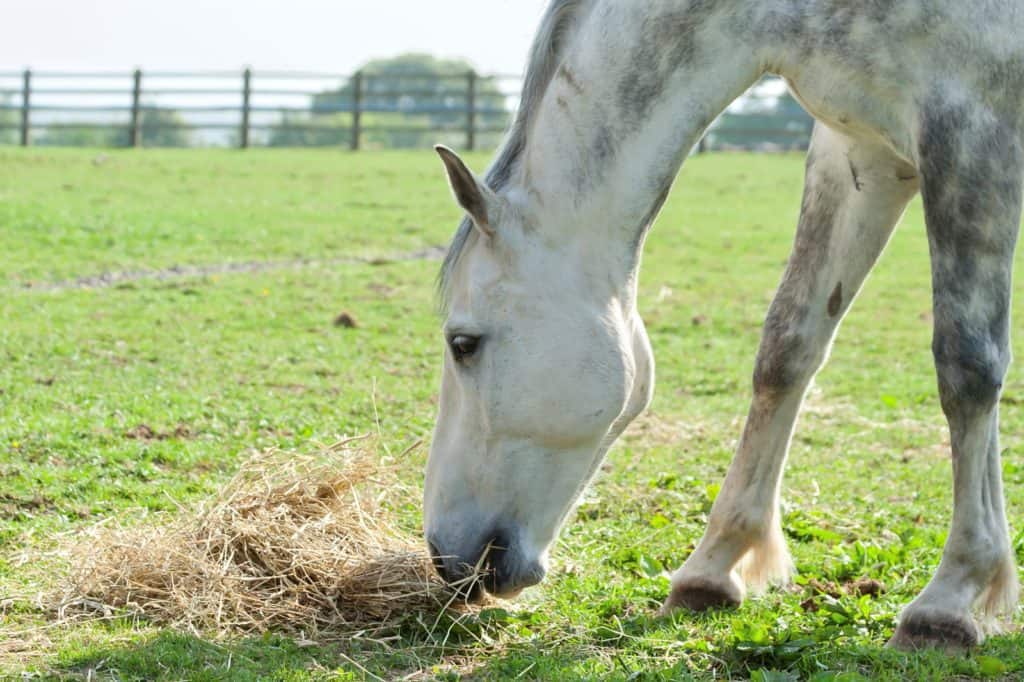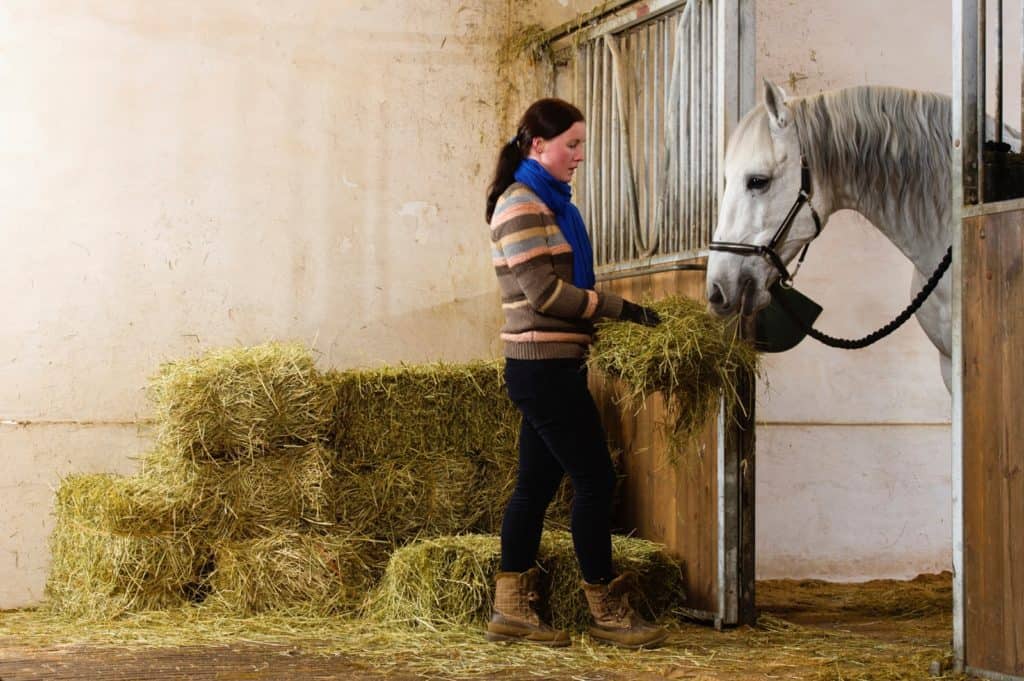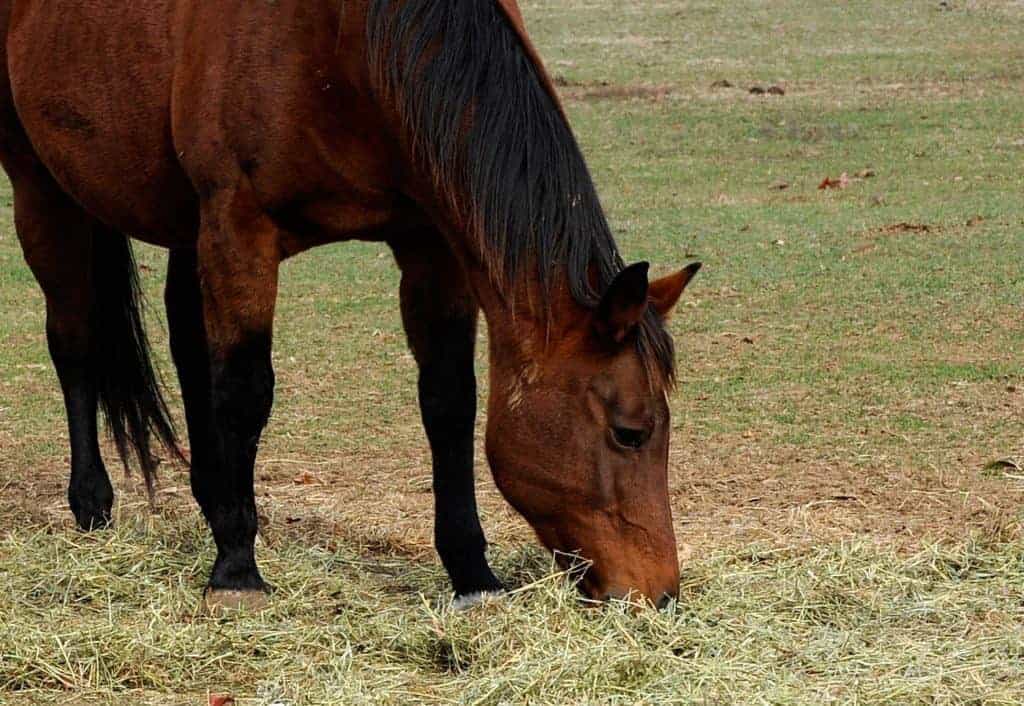
Free Equine Diet Advice Online Is Worth What You Pay for It
With people staying home during the COVID-19 pandemic, more horse owners seem to be seeking nutrition advice online.

With people staying home during the COVID-19 pandemic, more horse owners seem to be seeking nutrition advice online.

Considering a switch? A nutritionist weighs the benefits and drawbacks of feeding horses pelleted hay.

A reader’s senior Thoroughbred lost weight during the winter. Our equine nutritionist suggests simple ways to increase his body condition.

Find out why horse feed labels don’t simply list calorie content.

Find out if oats in your horse’s poop piles means his feed—and your money—are going right through him.

From available treatments to feeding strategies, attendees and moderators discussed approaches for managing squamous and glandular gastric disease.

What do you do if you can’t get to the barn to supplement your horse every day? A nutritionist offers advice.

A nutritionist explains why horses need this amino acid in their diets and what happens if they don’t consume enough.

A horse’s bloodwork isn’t back to normal after a bout with coronavirus. Leaky gut might be the culprit.

An Appendix Quarter Horse is unable to maintain his weight on a ration balancer and hay, so our nutritionist makes recommendations for increasing his calorie consumption.

A horse owner doesn’t think her horse needs the manufacturer’s daily recommended serving of performance feed. Our equine nutritionist recommends a balanced approach to avoid nutritional deficiencies.

Confused about your horse’s diet? We’re here to help. Here’s how to craft the proper hay and grain ration.

Discover the differences between these two trendy, omega-3-packed seeds that can be used to supplement equine diets.

Nutrition changes, high-carb diets, and more: Discover the nutritional factors that can cause loose stool in horses.

Taking a horse from a sedentary state to active working fitness can be a form of rehabilitation. However, there’s no one-size-fits-all program. Learn how to safely transition your horse into an exercise program.

Get advice about keeping senior horses’ joints comfortable from Dr. Bryan Waldridge, who treats retired champion racehorses at Old Friends, in Georgetown, Kentucky.
Stay on top of the most recent Horse Health news with
"*" indicates required fields